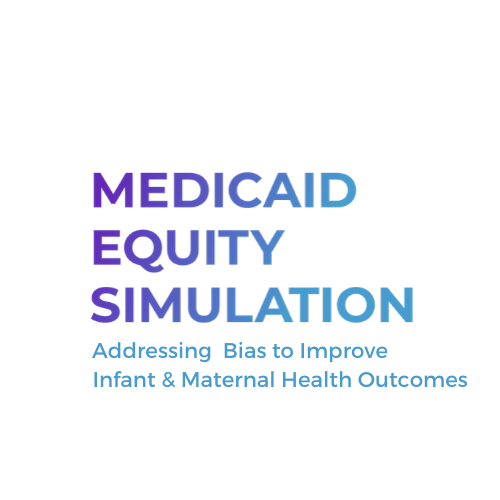Health has been recognized in the 21st century as a shared endeavor rooting from the community.
Social disparities and the resulting health inequities are reinforced and maintained through structures, policies, opportunities, and behavioral patterns. Addressing equity in both resources and opportunities is a recommended approach to reducing health inequities. Understanding the value of the individual and their connections within the community is critical to addressing the health care crisis.
Context, particularly family and community relationships, dictates how most information and awareness are transferred (Christakis, 2000). Consequently, context plays an important role in health and wellness. The social and physical conditions in which people develop impact broader societal health outcomes.
In fact, the social determinants of health (SDoH) are the largest contributing factors to overall health and life expectancy (Shroeder, 2007; Marmot et al, 2008). Determinants such as social gradients stress, early childhood development, social exclusion, unemployment, social support networks, addiction, availability of healthy food, racism, digital dessert availability of healthy transportation/active travel, and social diversities all shape the health and wellbeing of individuals, families, and communities. Accordingly, they must be addressed in any discussion of health equity.

